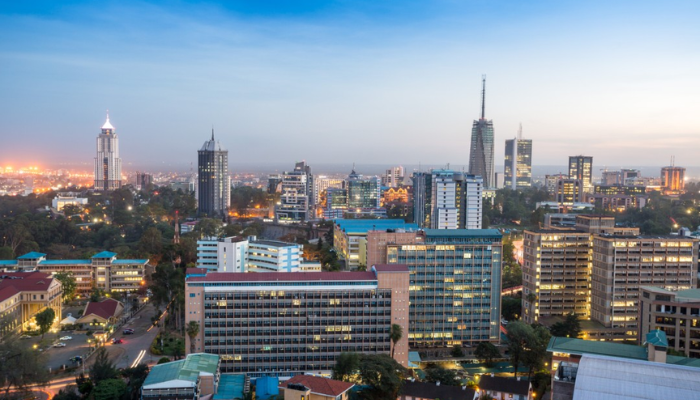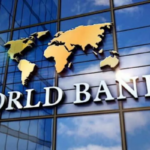Africa remains at the centre of global crises, facing economic instability, climate disruptions and geopolitical tensions. The United Nations Conference on Trade and Development (UNCTAD) highlights these concerns in the Economic Development in Africa Report 2024, which outlines how external shocks have created economic uncertainties.
Major events such as the 2008 financial crisis, the 2014 commodity price collapse and the COVID-19 pandemic have exposed the continent’s vulnerabilities. Africa’s economic growth has been heavily dependent on commodity cycles, with more than half of African countries relying on oil, gas or minerals for at least 60 per cent of their export earnings. Between 2000 and 2010, Africa’s economy grew at an annual rate of 4.8 per cent, exceeding the global average of 3.1 per cent. However, growth slowed to 3.1 per cent between 2011 and 2020, remaining above the global average of 2.4 per cent.
The 2014 commodity price downturn demonstrated how fluctuations in global markets impact investment. Gross fixed capital formation, which measures investment in assets such as infrastructure, fell from 11.4 per cent in 2014 to 4.8 per cent in 2015. Africa’s economy continues to face challenges due to external dependencies, making it essential to build stronger regional trade networks that enhance stability and reduce exposure to global crises.
Read also: XTransfer and Ecobank Group partner to enhance cross-border trade for African SMEs
Infrastructure and trade gaps increase exposure to external shocks
Africa’s infrastructure has improved, but critical gaps in transport and energy continue to affect economic stability. High transport costs hinder trade efficiency. Road transport costs account for 29 per cent of the price of goods traded within Africa, compared to seven per cent for goods traded outside the continent. Poor connectivity and inefficient logistics increase trade costs, limiting economic potential.
Energy security remains a major concern, with less than half of the population having reliable access to electricity. Africa attracted only 2.3 per cent of global renewable energy investment in 2023, equivalent to $15 billion, while closing the energy gap requires $190 billion annually. More than 50 per cent of the continent’s energy supply is dependent on fossil fuels, limiting efforts to build a resilient energy sector.
Political instability and governance challenges further complicate economic resilience. Africa has experienced 220 of the world’s 492 coup attempts since 1950, weakening investor confidence. High debt levels have placed additional pressure on economies, with nearly half of African nations recording debt-to-GDP ratios above 60 per cent in 2023. In many cases, governments spend more on debt interest than on education or healthcare, reducing resources available for development.
Technology gaps and climate risks also contribute to economic instability. The digital divide limits access to innovations that could improve productivity, while climate-sensitive agriculture remains vulnerable to extreme weather conditions. In 2022, climate-related disasters affected 110 million Africans, causing $8.5 billion in damages. These factors demonstrate the need for stronger economic policies and investment in regional trade networks.
Read also: 10 profitable businesses to start in Nigeria with minimal capital in 2025
Regional trade as a solution to economic vulnerability
Africa’s trade structure shows a heavy reliance on external markets, with more than 50 per cent of the continent’s imports and exports linked to just five non-African economies. Only 16 of 54 African nations source more than 0.5 per cent of their intermediate goods from within the region. Limited intra-African trade reduces opportunities for value-added production and manufacturing.
The African Continental Free Trade Area (AfCFTA) has the potential to address these issues, offering a market worth $3.4 trillion. The agreement provides opportunities for economic diversification by strengthening supply chains and increasing trade within regional economic blocs. Diversified trade networks reduce vulnerabilities and create economic spillovers, with data showing that a one per cent increase in a neighbouring country’s GDP can raise growth in a landlocked nation by up to 0.7 per cent.
The UNCTAD report outlines measures that could improve economic resilience, including strengthening trade policies, reducing debt burdens and improving transport and digital infrastructure. Energy investment is also essential to ensuring a stable supply for industries. Climate-adaptive trade policies could support sustainable growth by reducing environmental risks linked to economic activities.
By focusing on regional integration, Africa can build a more resilient economic framework, reducing reliance on external markets and mitigating the impact of global shocks. The Economic Development in Africa Report 2024 guides policy measures that could drive sustainable economic transformation across the continent.









